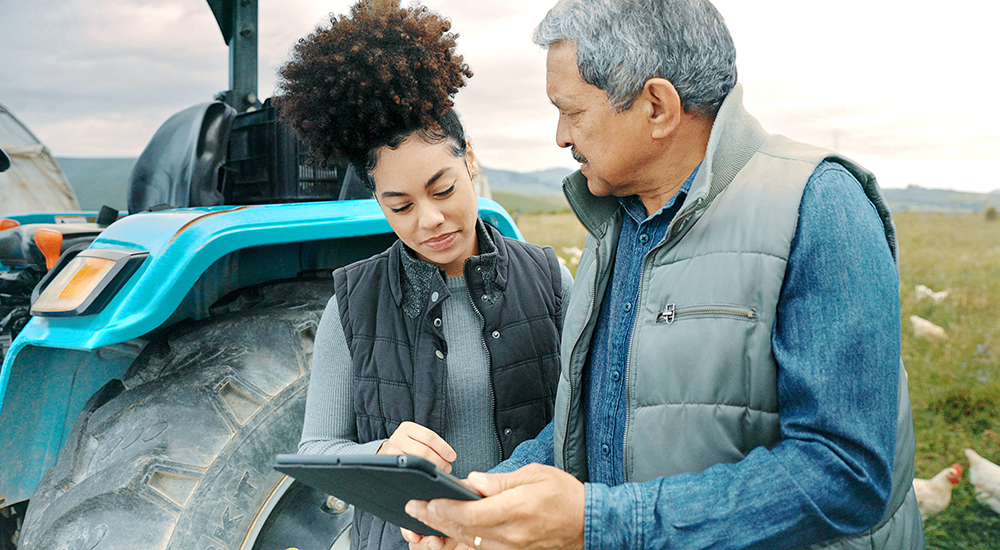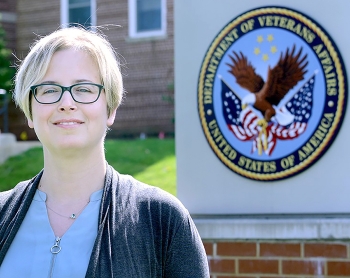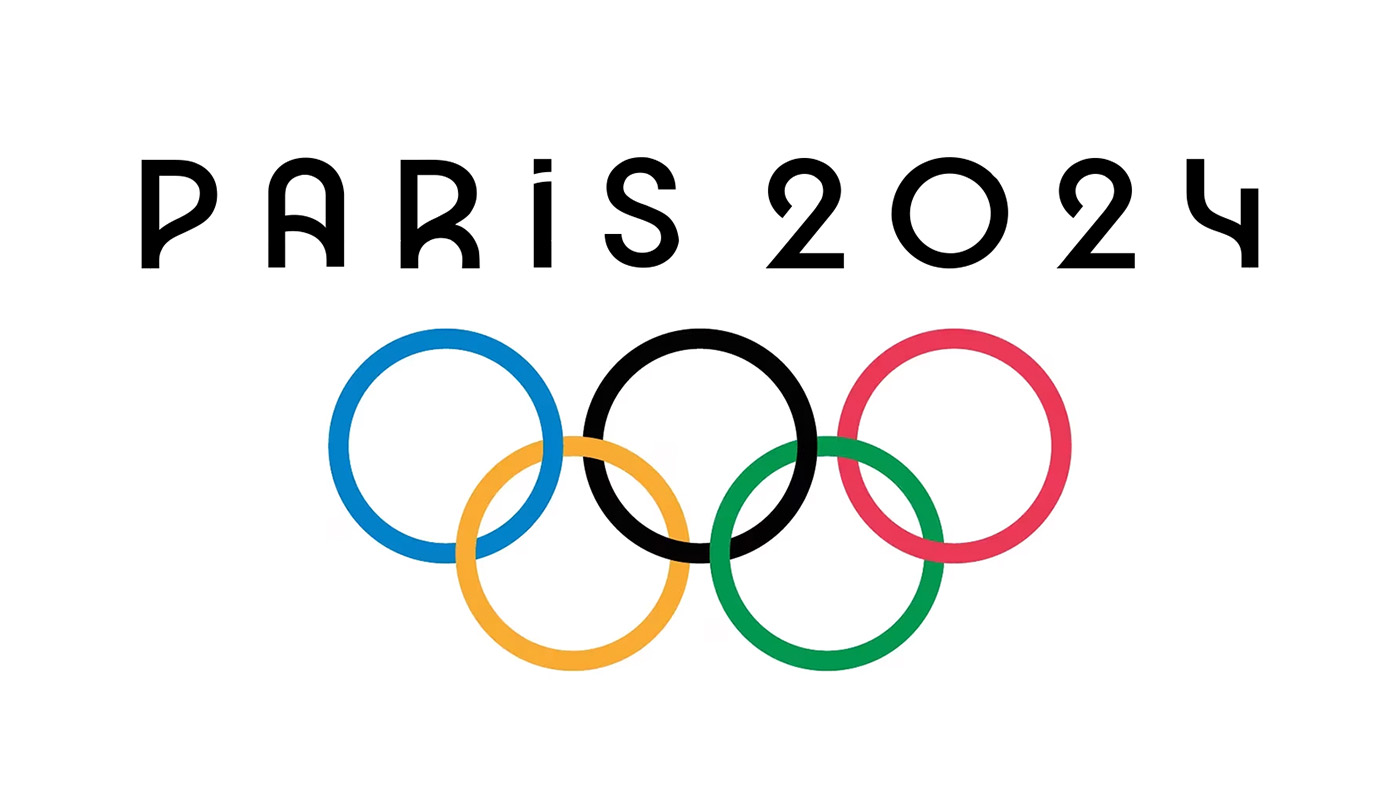VA Geriatric Scholar Christy Rothermel from Coatesville VA is narrowing the rural digital divide by helping homebound Veterans stay apace with VA’s rapid telehealth expansion.
Rothermel has been a VA psychologist since 2009. She is part of a multidisciplinary Home Based Primary Care team (HBPC). The HBPC delivers in-home care to Veterans who are unable to travel to VA health care facilities because of complex medical conditions or mobility restrictions. She arrived at Coatesville VA in Pennsylvania just before the start of the COVID-19 pandemic.
“When the COVID pandemic began, in-home visits were significantly restricted for the safety of our Veterans, their family members and VA staff. It became even more important to keep our Veterans connected to their health care team and to VA support and resources. I felt that virtual care could really fill a gap that was created by COVID in terms of face-to-face care,” said Rothermel.
Virtual care appointments spiked during COVID-19 restrictions compared to pre-pandemic levels. But they began to drop with the reopening of in-home visits.
Sustaining momentum of increased use of VA Video Connect
After attending the VA Geriatric Scholars Program, a national workforce development program, she and her team decided to build on the momentum achieved during the pandemic. They did this with a quality improvement project to improve access to VA Video Connect, VA’s secure video conferencing app.
“One of the first things we did was identify all the barriers we could possibly think of that were limiting our patient’s access to being VA Video Connect capable,” said Rothermel.
They began by focusing on newly enrolled HBPC patients, opening the conversation about VA Video Connect during the admission process. “We were able to get their input in terms of what might be holding them back. Did they not have a smart device or were they concerned about not knowing the technology? Those sorts of things,” said Rothermel.
“The largest barrier was that there were Veterans who had a functional, neurological or medical impairment that made them unable to use the device,” explained Rothermel. “An example might be Parkinson’s disease, where the individual might have tremors or involuntary muscle movements. Or they might have a cognitive disorder where the individual may be unable to learn new information, such as the steps to sign into a virtual appointment on an iPad.”
Yet many of these patients had caregivers who wanted the tools and digital skills to help facilitate Veterans’ virtual visits. “We would work with the caregiver and provide that to them,” said Rothermel. “We want to assist the caregiver as much as we can. They really help a lot with virtual appointments.”
VA teams coordinate patient care to address barriers
In addition to supplying iPads, the team proactively addressed Veterans’ unique needs and circumstances prior to conducting a virtual visit.
For Veterans with hearing impairments, they provided pocket talkers. They also placed a consult with audiology to involve their expertise. Pocket talkers are listening devices that improve the ability to hear. “We found that they work very well with iPads and Veterans were able to hear me,” said Rothermel.
For patients with vision loss, they coordinated care with VA’s Visual Impairment Services Team. This team provided patients with the adaptive technology needed to conduct a virtual appointment.
People receptive and found it really helpful
They also enlisted the assistance of VA technical support specialists to walk Veterans through the set-up and use of their devices. “Once the education is provided, they see it’s not as difficult as they may have imagined,” said Rothermel. “There’s been a lot of positivity. People have been receptive and found it really helpful because you can easily get in touch with your provider and see them virtually.
“COVID was rough for our homebound Veterans. One Veteran said that VA Video Connect was his lifeline during COVID. Having the virtual care connection with providers and other staff members is really important.”
Rothermel’s HBPC team now includes VA Video Connect capability as an essential part of treatment planning for all Veterans in their care.
Topics in this story
More Stories
Seven U.S. Army soldiers, one Army Reserve soldier and two Veterans are representing Team USA at the 2024 Olympic Games in Paris, which begins today.
Study underscores important role COVID vaccination can have in protecting Veterans from infection and reducing long-term health consequences
Columbia VA’s robotic surgery teams completed their 800th robotic surgery and are on schedule to hit 1,000 by the end of the year.








I’m looking forward to doing more VA business via MyhealtheVet and Telehealth. VHA/ RHA should be getting this message out to older Veterans right now. I’m in the large Desert Pacific VISN and only by subscribing to several VA blogs have I learned of VA plan to use Telehealth and Video Connect more. I feel that the word should be put out more.
This program works great for elderly vets and their families and paraplegics who don’t have a mobility device or transportation to their VA appointments. As a VSO I always introduce this program to every vet I work with when we initially meet to discuss their healthcare and claims.